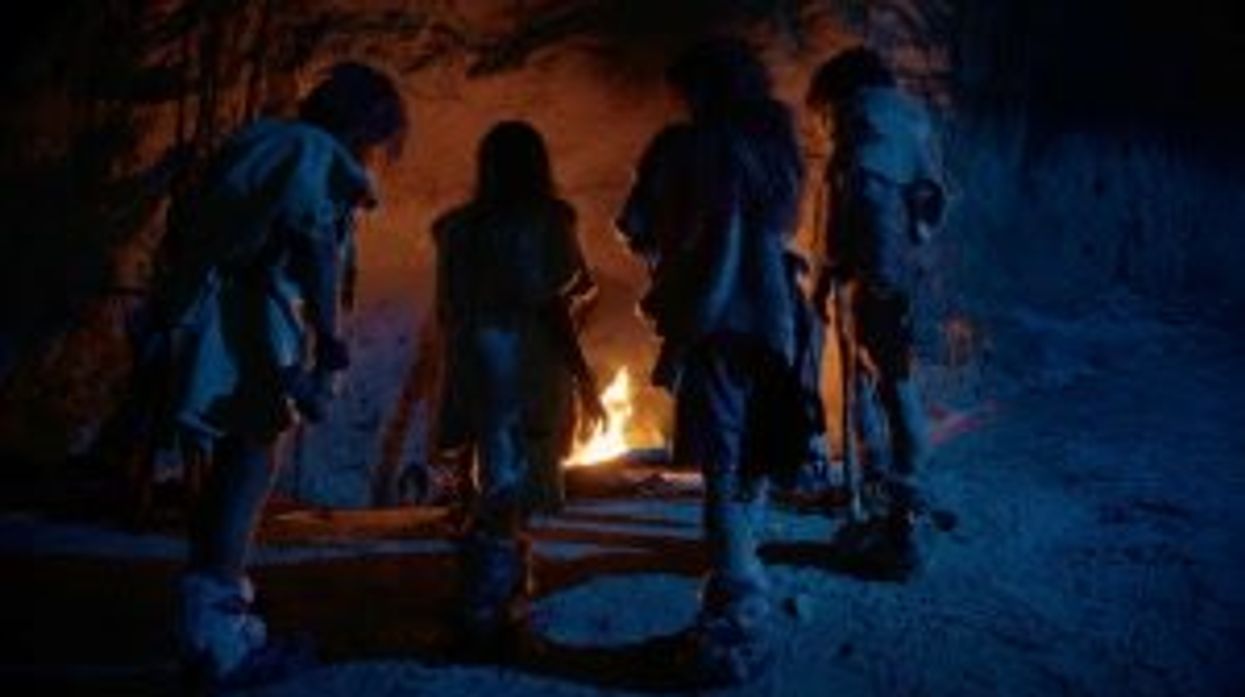Science & Tech
Liam O'Dell
Nov 12, 2024
Related video: Study reveals Neanderthals had multiple blood types and why they may have died off
ZMG - Amaze Lab / VideoElephant
It appears modern-day promiscuity can be traced back to our early ancestors, as scientists from Trinity College in Dublin have discovered that some of the genes from a hominin group known as the Denisovans can be found in today’s humans – thanks to at least three separate events involving three distinct Denisovan populations.
The academics’ findings follow the publication of the “first draft” of the Neanderthal genome (that’s the complete set of genes in an organism) in 2010, and analysis of a genome sequenced from a finger bone belonging to a Denisovan – found in the Denisova cave in the Altai mountains of Siberia.
In both cases, the genomes showed the groups (Neanderthals and Denisovans) had interbred with modern humans.
Now, in a review article published in Nature Genetics, researchers Linda Ongaro and Emilia Huerta-Sanchez have outlined evidence that multiple Denisovan groups located on several continents had adapted to different environments.
They also detail a number of Denisovan-based genes which benefitted the modern-day human.
“Among these is a genetic locus that confers a tolerance to hypoxia, or low oxygen conditions, which makes a lot of sense as it is seen in Tibetan populations; multiple genes that confer heightened immunity; and one that impacts lipid metabolism, providing heat when stimulated by cold, which confers an advantage to Inuit populations in the Arctic,” said Dr Ongaro.
She noted there’s a “common misconception” that we evolved “suddenly and neatly from one common ancestor”, when in actuality, the modern human interbred with different hominins
Dr Ongaro said: “Unlike Neanderthal remains, the Denisovan fossil record consists of only that finger bone, a jawbone, teeth, and skull fragments.
“But by leveraging the surviving Denisovan segments in Modern Human genomes scientists have uncovered evidence of at least three past events whereby genes from distinct Denisovan populations made their way into the genetic signatures of modern humans.”
Ongaro went on to add that future research – such as “more detailed genetic analyses in understudied populations” which could unearth “hidden traces of Denisovan ancestry”, and the integration of archaeological information and more genetic data – could tell a “more complete story” of the Denisovans’ contributions and “fill in a few more gaps”.
Sign up to our free Indy100 weekly newsletter
How to join the indy100's free WhatsApp channel
Have your say in our news democracy. Click the upvote icon at the top of the page to help raise this article through the indy100 rankings.
Top 100
The Conversation (0)














